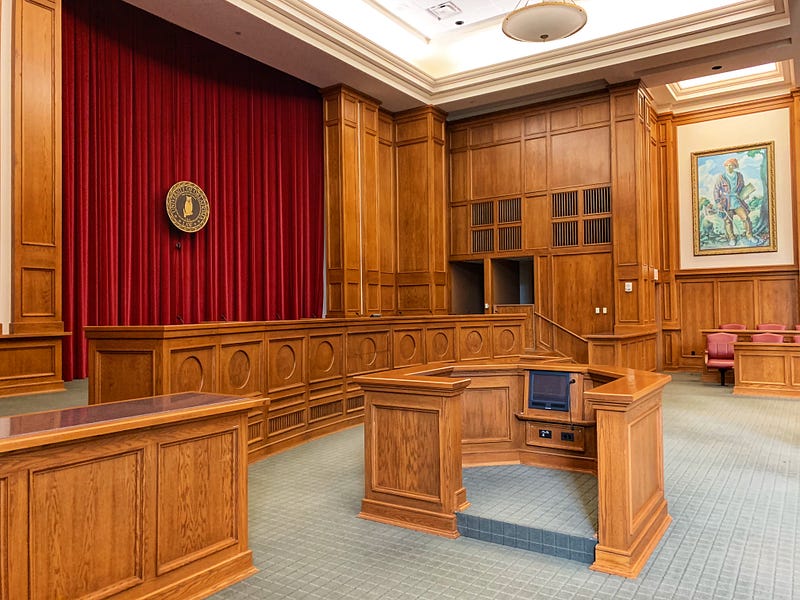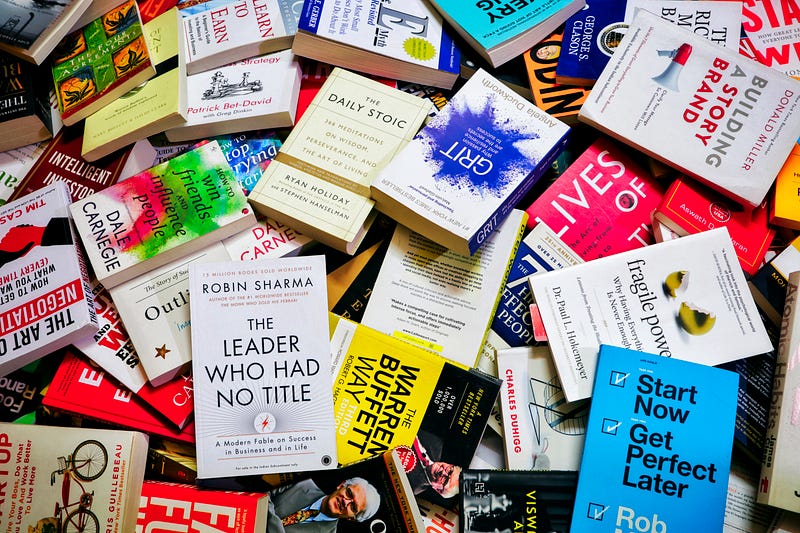A Discussion of Bourgeois Equality Chapter 42 “Political Ideas Mattered for Equal Liberty and Dignity”
Dr. McCloskey is examining the role political thinking played in making the trade tested betterment system work.
She notes that many societies in the past, and now, have some elements needed for such a system such as private property rights, enforceable contract law, and free or mostly free markets. However, she says one thing more is needed: supportive governments. (p. 403)
The first three get you a trading society of some sort but when you add in supportive governments, you get the trade-tested system of betterments that causes the Great Enrichment.
As she has discussed in earlier chapters, the medieval way of thinking — the Great Chain of Being — needed to be replaced with a system that allows those with the best ideas to win, regardless of the station in life they were born into.
Here, she is noting that a shift in the role of government allowed freedom and dignity to flow to the common man. Specifically, a view that the government has a contract or covenant with its people arose in northwestern Europe. (p. 403)
Even in a monarchy, it is no longer the case the king is supreme but that the king is in a reciprocal relationship with his people.
The terms of such a monarchical deal became a routine trope in the seventeenth century, as in Hobbes and Locke, and then still more routine in the eighteenth century. Louis XIV declared that he was tied to his subjects ‘only by an exchange of reciprocal obligations. The deference…we receive…[is] but payment for the justice [the subjects] expect to receive.’ (p. 405)
McCloskey says that the key to setting off the Great Enrichment was the questioning of the idea that “a liberty” was granted by the government to some favored party. And that “dignity” was an inherited privilege that had been granted from some lord. (p. 407)
Instead, liberty was something all people had inherently — not something for the government to give or take. This is the foundation of the US. It allows the common man the dignity of participating in the trade-tested system of betterment in search of his own enrichment.
With these concepts of liberty and dignity belonging to the people, and the government being there to support the system, then a trading society can transform to a trade-tested system of betterments.
She returns to the idea that these ideas first produced fruit in the Netherlands.
And yet, we know that the Great Enrichment actually kicks off in England.
As McCloskey says, “I am claiming only that the new ideology came to Britain from Holland, which remains true whether or not the Dutch did much with it later.” (p. 408)
Why did the ball get rolling in the Netherlands but the Dutch failed to kick off the Great Enrichment?
When the Kingdom of the Netherlands was founded in 1815 the intercity competition that had been so fruitful in liberties and betterments began to be suppressed. No wonder the Netherlands was slow to industrialize. The newly unified country became infected with many hundreds of national cartels enforceable at law, down to the present. (p. 399)
Essentially they strangled the trade-tested betterment systems with cartels jealous to protect their monopoly powers far beyond any concerns with innovation.
Given the increasing monopolization across industries in America today, this could happen to us. One more reason to bring back antitrust enforcement.
But that requires a supportive government with a reciprocal relationship with the people, not the corporations.
Reference: McCloskey, Deirdre Nansen, 2016. “Political Ideas Mattered for Equal Liberty and Dignity,” Chapter 42 of Bourgeois Equality, The University of Chicago Press.




